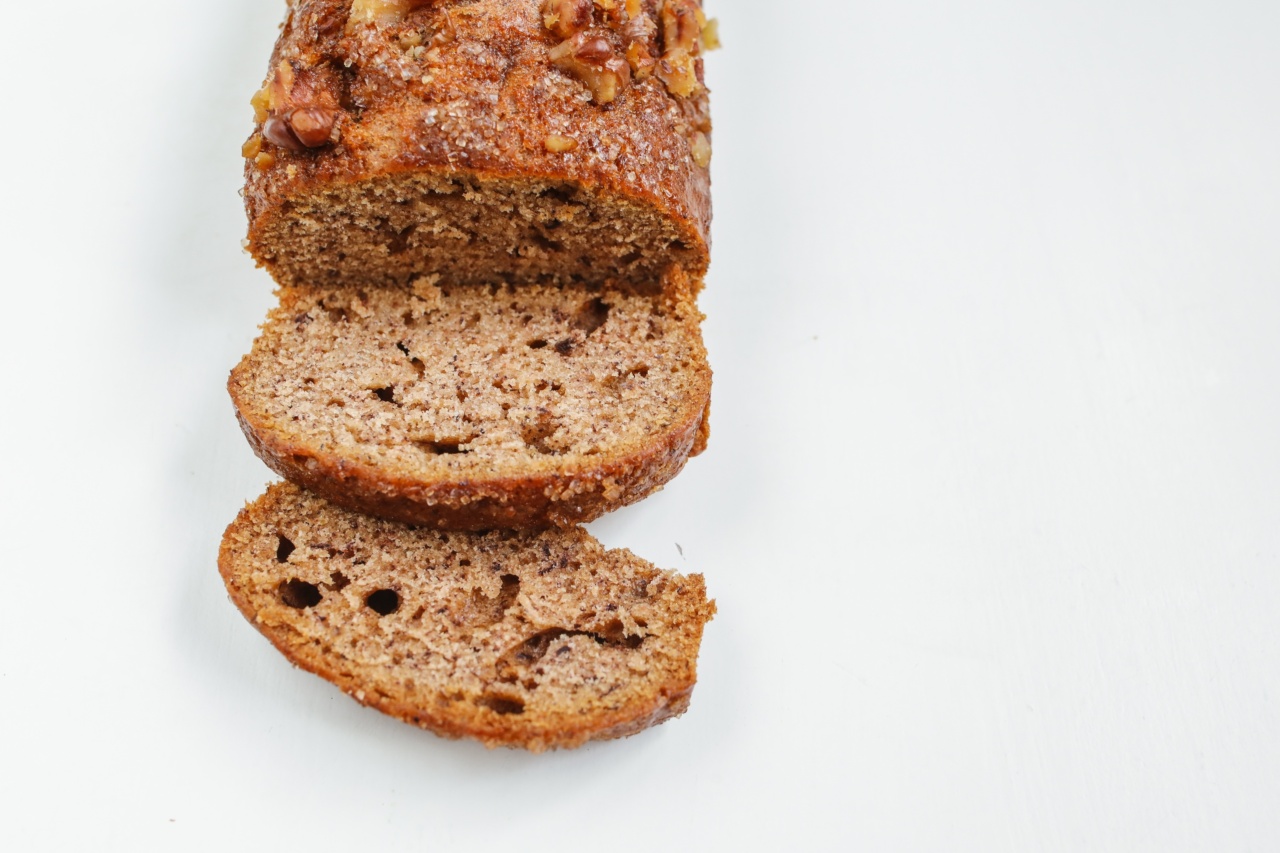Bean flour is a versatile and nutritious ingredient that has gained popularity in recent years. Made from pulverized dried beans, such as chickpeas, kidney beans, or black beans, bean flour offers a variety of health benefits.
In this article, we will explore the nutritional value and potential health advantages of incorporating bean flour into your diet.
Rich in protein and fiber
Bean flour is a fantastic source of both protein and fiber, making it an excellent choice for those following a vegetarian or vegan diet.
Protein is essential for the growth and repair of tissues, and it also helps to build enzymes and hormones that regulate various bodily functions. Additionally, protein plays a crucial role in maintaining a healthy immune system. Fiber, on the other hand, aids digestion and helps to keep you feeling fuller for longer periods, which can be beneficial for weight management.
Loaded with vitamins and minerals
Bean flour contains a wide array of vitamins and minerals necessary for overall well-being. It is particularly rich in folate, iron, magnesium, and potassium.
Folate is essential for proper brain function and helps in the production of DNA and other genetic materials. Iron carries oxygen throughout the body and is necessary for maintaining healthy red blood cells. Magnesium contributes to energy production and muscle function, while potassium helps regulate blood pressure and keeps the heart functioning properly.
Gluten-free alternative
For individuals with gluten intolerance or those following a gluten-free diet, bean flour can be a great substitute for traditional wheat flour.
Bean flour is inherently gluten-free, making it suitable for those with celiac disease or gluten sensitivity. By using bean flour in baking and cooking, you can still enjoy your favorite dishes without the adverse effects of gluten.
Controls blood sugar levels
Bean flour has a lower glycemic index compared to other flours, meaning it causes a slower rise in blood sugar levels after consumption. This can be beneficial for individuals with diabetes or those looking to control their blood sugar levels.
The slow release of glucose into the bloodstream helps avoid blood sugar spikes and crashes, promoting stable energy levels throughout the day.
Supports heart health
Regular consumption of bean flour can contribute to a healthy heart. The high fiber content in bean flour helps to lower cholesterol levels, specifically LDL (low-density lipoprotein) cholesterol, which is considered the “bad” cholesterol.
By reducing LDL cholesterol, bean flour can help prevent the development of conditions such as atherosclerosis and reduce the risk of heart disease.
Aids in weight management
Bean flour is an excellent addition to a weight management plan as it is low in fat and rich in dietary fiber. The high fiber content of bean flour promotes feelings of fullness, reducing the likelihood of overeating and snacking between meals.
Additionally, the protein content in bean flour helps to increase satiety and curb cravings, making it easier to stick to a balanced diet.
Promotes digestive health
The fiber content in bean flour is not only beneficial for weight management but also aids in maintaining a healthy digestive system. Fiber adds bulk to the stool, preventing constipation and promoting regular bowel movements.
A diet rich in fiber has also been associated with a reduced risk of developing conditions such as hemorrhoids, diverticulitis, and colon cancer.
Boosts overall immune function
Bean flour is a natural source of antioxidants, which play a vital role in boosting the body’s immune system. Antioxidants help neutralize harmful free radicals in the body, reducing oxidative stress and the risk of chronic diseases.
Regular consumption of beans and bean flour can contribute to better immune function and overall health.
Supports bone health
Bean flour contains several essential minerals involved in maintaining strong and healthy bones. These minerals include calcium, magnesium, phosphorus, and zinc. Calcium is crucial for bone strength and preventing conditions such as osteoporosis.
Magnesium and phosphorus work together to support bone formation, while zinc ensures proper growth and development.
Versatile in culinary applications
Bean flour can be used in various culinary applications, making it a versatile ingredient to have in your pantry. It can be used as a thickening agent in soups and stews or as a binding agent in veggie burgers and meatless meatballs.
Bean flour can also be used to make gluten-free baked goods, such as bread, muffins, and pancakes, providing a nutritious alternative to traditional flour.































